My cousin Iris, who is also a life coach, recently recommended a book on her blog, The In Between, by Jeff Goins. The book blurb reads: “The In-Between is a call to accept the importance that waiting plays in our lives. Can we embrace the extraordinary nature of the ordinary and enjoy the daily mundane — what lies in between the ‘major’ moments?” I have only just began reading the book, but I’m already curious: What do I do in my moments In Between?
I spend a lot of time driving. On Wednesday, for example, I first drove my daughter to camp, 50 minutes. Next I drove my son to his swim lesson, 30 minutes. Later we drove to his dentist and back home, one hour. Finally, I drove to camp to pick up my daughter and then to her Hebrew lesson, 75 minutes. All together, I spent nearly four hours in the car. That’s a lot of In Between time.
When I made the decision to live outside the city, I knew that my kids will be staying in the same school as before. To my surprise, I discovered that the drives back and forth are not all bad. We often se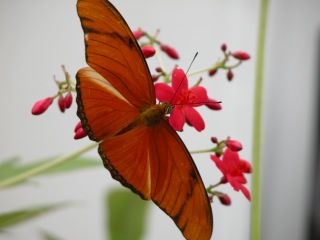 e deer, jackrabbits, and even the odd coyote crossing the road while we drive past the preserve near my house. I enjoy listening to audio books with the kids or by myself and have managed to listen to some books I probably would not have read on paper (War and Peace for example). Best of all, the drive turned out to be a good time to have family talks in which the kids tell me about their day and their dreams or ask me life questions without distractions. The In Between hours of driving, while not easy, have become meaningful and even important parts of my day.
e deer, jackrabbits, and even the odd coyote crossing the road while we drive past the preserve near my house. I enjoy listening to audio books with the kids or by myself and have managed to listen to some books I probably would not have read on paper (War and Peace for example). Best of all, the drive turned out to be a good time to have family talks in which the kids tell me about their day and their dreams or ask me life questions without distractions. The In Between hours of driving, while not easy, have become meaningful and even important parts of my day.
When stuck in traffic, I often tell myself this is a great time to practice patience. This past Wednesday, the thought occurred to me that being stuck in traffic is also an opportunity to pause in the middle of my busy day and examine how I am doing and feeling and what it is that I need. It is an opportunity to find myself in my own body, settle in, and explore all of my emotions (including frustration, impatience, irritation, anger, boredom, or any other unpleasant sensation that traffic might make me feel). In answer to the claim, “I have no time to meditate,” the Dalai Lama (at least, I think it was him) responded: “Do you have time to breathe?” The In Between moments of waiting in traffic just happen to be a window in the midst of busyness in which I can breathe.
Tara Brach talks in her books about our tendency to run away from unpleasant emotions. While pausing, breathing and noticing where I am in my body might involve suffering an emotion I had rather ignore, I hope to remember how often those In Between moments really do turn out, in the end, to be moments of gratitude, restfulness and joy. I hope to remember to pause. In fact, I am going to do that right now. Pause. Breathe. Pause.


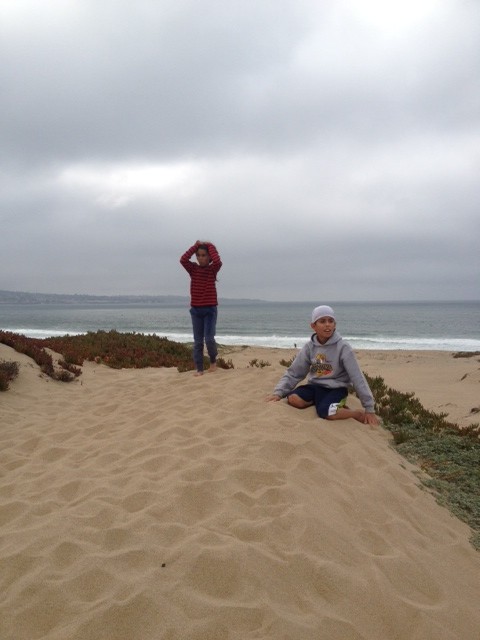
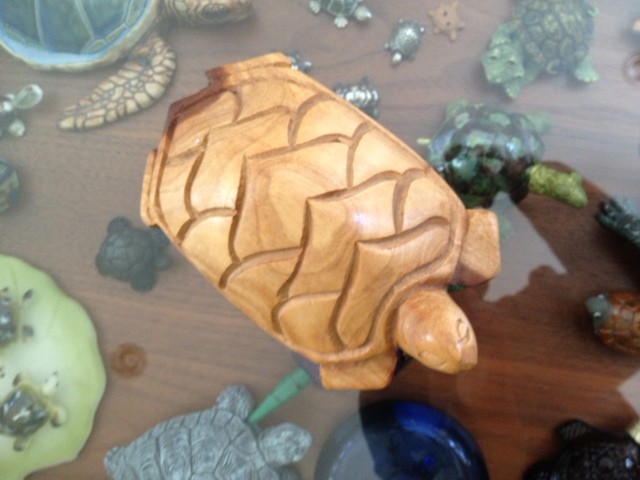
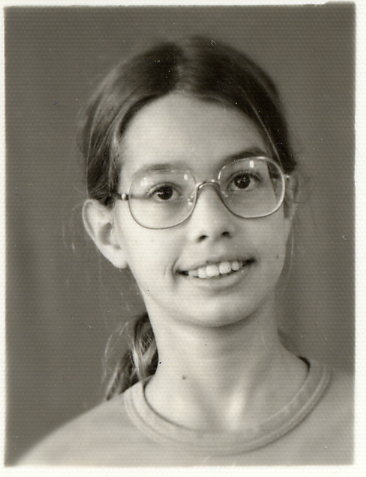 of my life, and yet it seems, ironically, that today I first realized just how near sighted I am. Till today, and despite boasting my own prescription of over eleven, I pegged my near sightedness an esthetic problem. Up to age eighteen, with an over-large pair of spectacles perched on my nose, I was the ugly duckling. I became more of a swan at eighteen after I was fitted with contact lenses. Today, however, struck with the lightning realization that my eyes are flawed, I understood for the first time that my poor vision is not just about beauty, but a body blot.
of my life, and yet it seems, ironically, that today I first realized just how near sighted I am. Till today, and despite boasting my own prescription of over eleven, I pegged my near sightedness an esthetic problem. Up to age eighteen, with an over-large pair of spectacles perched on my nose, I was the ugly duckling. I became more of a swan at eighteen after I was fitted with contact lenses. Today, however, struck with the lightning realization that my eyes are flawed, I understood for the first time that my poor vision is not just about beauty, but a body blot.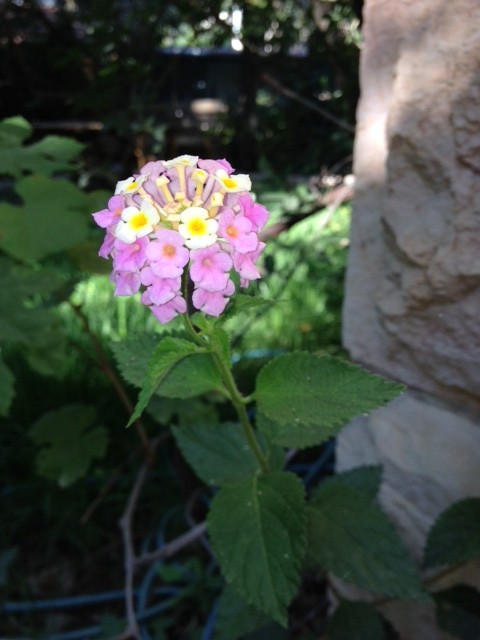 but not everyone sees it,” said Confucius. A few years ago, friends told me they visited Yosemite and disliked it. I couldn’t understand how that could be! The crowds, they explained. Too many people. And too hot. The beauty was there, before their eyes, but still their experience was ugly, uncomfortable and bothersome.
but not everyone sees it,” said Confucius. A few years ago, friends told me they visited Yosemite and disliked it. I couldn’t understand how that could be! The crowds, they explained. Too many people. And too hot. The beauty was there, before their eyes, but still their experience was ugly, uncomfortable and bothersome.

